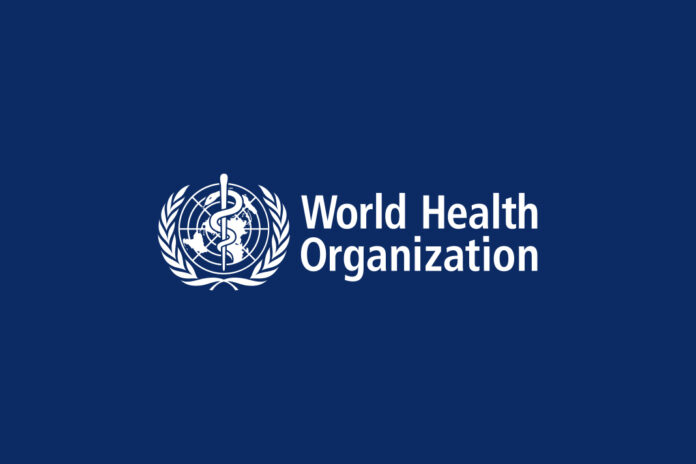In a recent and unexpected move, the World Health Organisation (WHO) has publicly endorsed traditional medicine, a practice deeply rooted in many cultures for centuries. This endorsement has ignited a flurry of reactions within the medical community. While some laud the WHO for embracing cultural diversity and inclusivity in healthcare, others express concerns about the potential risks of unverified remedies.
Traditional medicine has been in the spotlight, thanks to the WHO – an institution we’ve always looked up to for evidence-based guidance. Through a series of posts on social media platforms, the WHO has been championing the merits of traditional medicine. They’ve even highlighted that many modern medical practices owe their origins to traditional methods. Furthermore, the WHO has stated that nearly 40% of today’s pharmaceuticals are derived from natural sources.
The WHO’s exploration into traditional remedies spans a wide range, from herbal treatments and acupuncture to Ayurveda. For instance, they shared a story of an Olympic long-jumper who found solace in yoga and nature walks, emphasizing well-being over medical intervention.
However, it’s crucial to differentiate between scientifically validated methods and age-old practices. While the WHO categorizes newer concepts like homeopathy and naturopathy as traditional, it’s essential to note that modern medicine seeks to pinpoint active ingredients, comprehend their workings, and reproduce them for consistent use. This approach contrasts with relying on generational remedies. Interestingly, some traditional treatments seem to work despite not having identifiable active components, possibly attributed to the well-documented placebo effect.
The WHO’s recent actions have not gone without scrutiny, especially given their management of the COVID-19 crisis. Accusations of a lack of transparency and potential hidden agendas have been levied against the organization. However, the WHO continues to assert that their primary goal remains the safeguarding of global health. The public’s trust, however, seems shaken, with many calling for increased transparency and accountability.
The WHO’s sudden pivot towards endorsing treatments that lack comprehensive scientific backing is puzzling. Some speculate that this shift aligns with the current movement to ‘decolonize’ medicine, challenging the dominance of western scientific methods. A recent WHO podcast delved into this topic, where a Canadian medical historian criticized the notion of ‘tropical’ medicine as a colonial construct. Such views can be contentious, especially when considering diseases endemic to tropical regions that pose genuine threats to travelers.
The WHO’s recent departure from its traditional stance to support unverified treatments is potentially concerning. Historically, the organization’s significant triumphs, such as the eradication of smallpox, were achieved by introducing scientific methodologies to areas unfamiliar with them. In these instances, traditional remedies paled in comparison to the efficacy of modern Western medicine.








